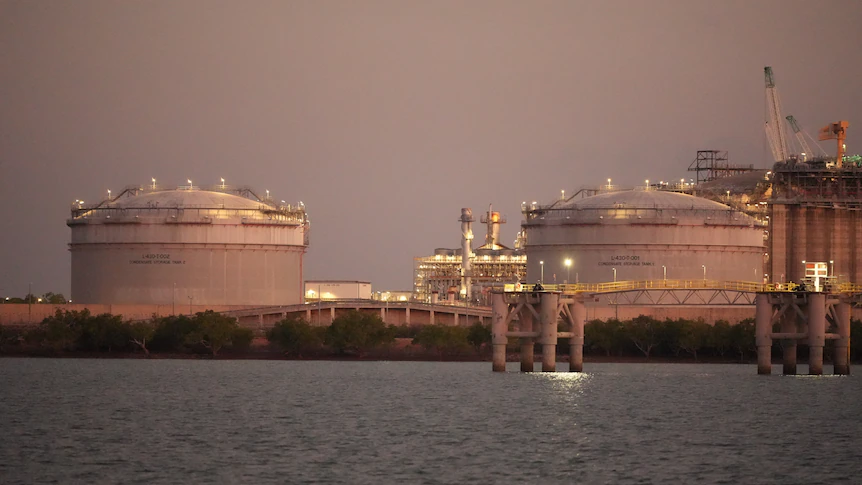Copyright abc

An oil spill that leaked into Darwin Harbour and the substantial under-reporting of toxic emissions has put Inpex, one of Australia's biggest gas companies, under federal investigation as scrutiny intensifies over its environmental record and oversight. Earlier this month, Inpex admitted to drastically under-reporting several emissions in the 2023-24 financial year at its large-scale Ichthys onshore gas processing facility — on the edge of Darwin city. The recalculated figures showed a 13,000 per cent increase in benzene levels — known to cause some cancers — revised from 4.12 tonnes, to 556.9 tonnes. The figures also showed an 11,000 per cent increase in toluene emissions — which can irritate the eyes, skin, and respiratory tract — from 5 tonnes, to 496 tonnes. The oil and gas giant said its levels of emissions were well within government guidelines and posed no increased health risk to the community or workers. However, the total level of volatile organic compounds (VOCs) — the group of colourless chemicals emitted as a by-product from the gas extraction process — was revised from 1,618 tonnes to 3,562. Just days earlier, on October 12, Inpex reported an oil spill at the facility. The NT Environment Protection Authority (NT EPA) said 36,000 litres of burning hot "heating medium" oil leaked from a gas processing unit across the plant into the Darwin Harbour and stormwater drains. But government inspections the next day found "no off-site impacts". The federal Department of Climate Change, Energy, and the Environment (DCCEEW) said it was reviewing the incidents and considering enforcement action. Workers flag safety concerns Caleb Burke from The Australian Workers' Union — which represented Inpex employees — said the incidents sparked health and safety fears from union members, as questions mounted over whether they were being exposed to hazardous pollution. He said he was not aware of Inpex informing employees of the risks of the emissions and, over the past few days, members had increasingly been reaching out to the union for information. "Our concern, first and foremost, is the health and safety of all our members working out there," he said. "These are our local people in the Territory — mums, dads working on the facility — and we don't want them unnecessarily exposed to risk." Inpex senior vice president Bill Townsend said workers had been told there was "no cause for health concern", citing air quality monitoring – both on-site and in the Darwin region – which he said had "consistently" shown emissions were within government limits. But the company said it relied on NT government monitors off-site, which the NT EPA said did not measure VOCs. Calls for inquiry Climate scientist Bill Hare said Inpex's "very concerning" calculation errors raised serious questions about how the company's reporting failures went undetected for so long. "They have both short and long-term health implications, short-term being affecting respiratory health and longer term [they] can be carcinogenic." Inpex said its benzene emission levels were "five times lower than monitoring investigating levels", but Mr Hare said the "shocking" scale of the necessary recalculations increased uncertainty about past data and future risk. Mr Hare said Inpex's assurances that emissions fell within guidelines "should be taken with a grain of salt", as Australia's air quality standards were weaker than those of the US and did not align with the World Health Organisation. But he said, even if the rules were robust, the regulator had been asleep at the wheel and there needed to be "some kind of independent inquiry" into the operation of the NT EPA. "Given all of the potential conflict of interest concerns that have been raised ... as well as the general lack of action on compliance for observed and reported breaches of environmental conditions," he said. Mr Townsend said Inpex's emission levels for previous years were also being reviewed.



